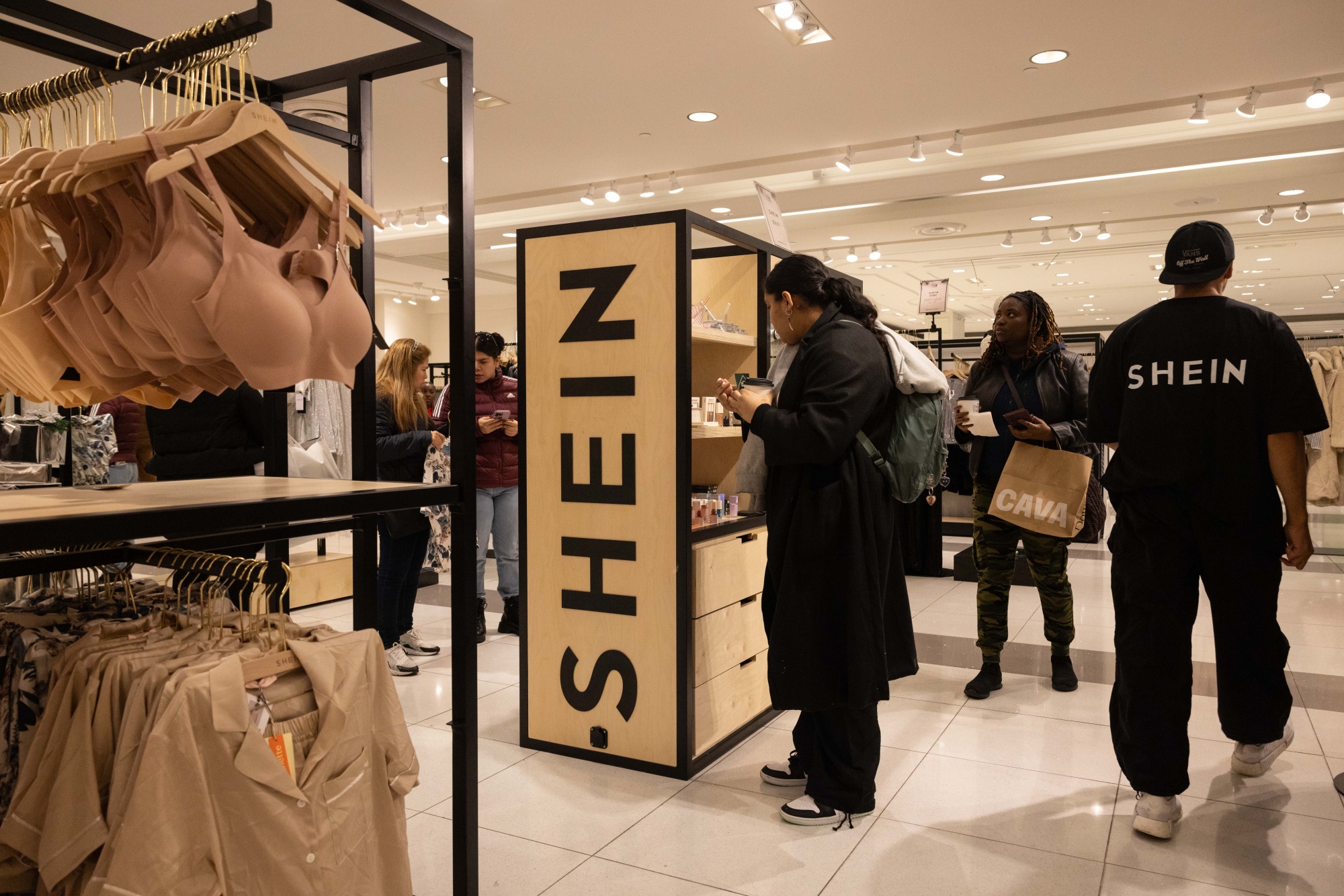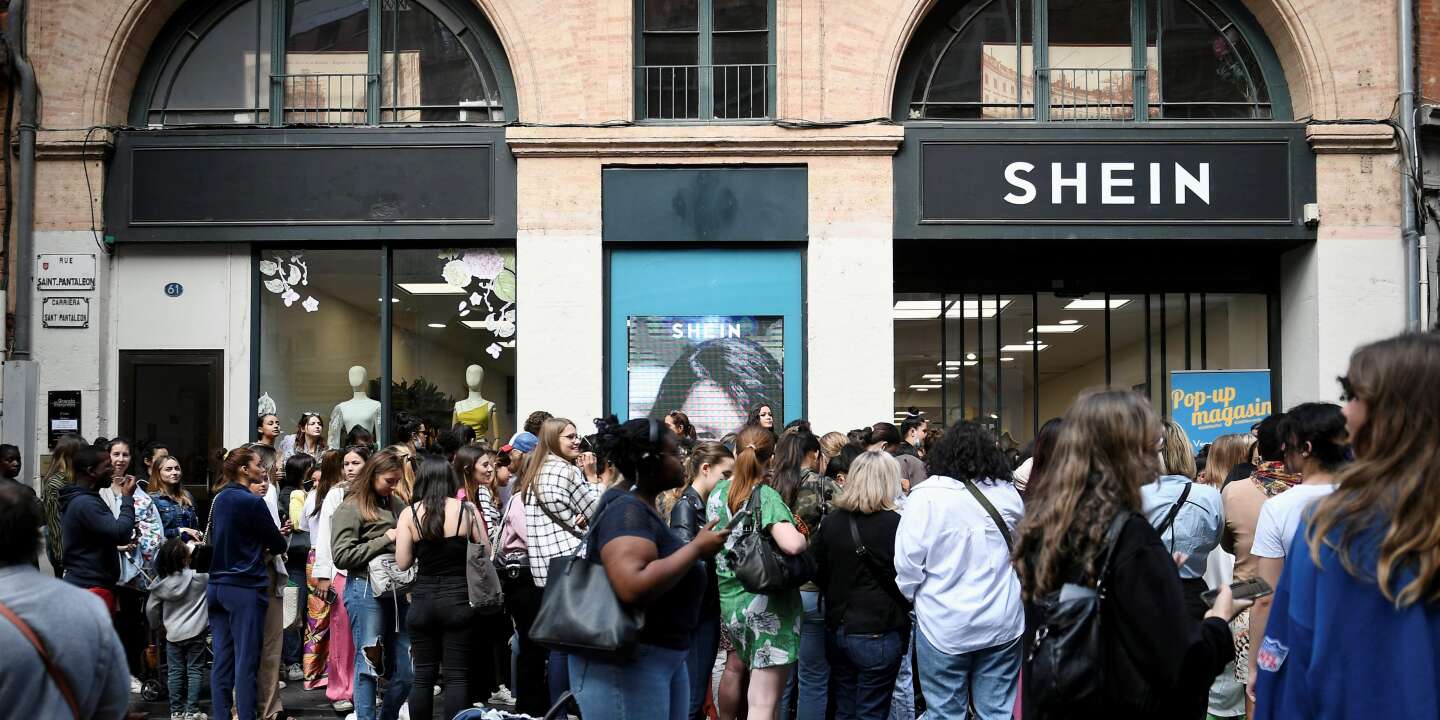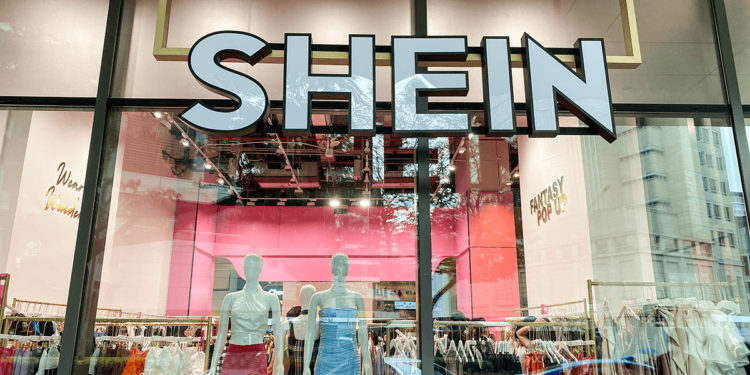Fast-fashion titan Shein, known for its trendy and affordable women’s apparel and robust social media influence, is once again at the center of controversy. Despite promises to ameliorate harsh working conditions, a recent investigation by Public Eye reveals that workers at Shein’s supplier factories in Guangzhou, China, are still subjected to grueling 75-hour workweeks with meager pay, sparking widespread criticism and raising ethical concerns.

The Original Investigation and Shein’s Vows
Back in 2021, Public Eye’s first exposé shed light on the severe work conditions at Shein’s facilities. The report uncovered that workers labored for 12 hours daily, sewing garments in violation of Chinese labor laws, which mandate a maximum of 40 working hours a week with strictly regulated overtime.
Employees were paid per piece, and many reported earning less than at any other job, without the security of a work contract or benefits. Following these allegations, Shein responded with a promise to conduct its own investigation and rectify any non-compliance with its stringent supplier Code of Conduct, emphasizing adherence to local laws and health and safety policies.
The backstory to this being her lying about working conditions in a Chinese Shein factory is wild I thought she was in a Target pic.twitter.com/yOCvzT515x
— Scott (@sbinskii) May 5, 2024
Shein’s Efforts to Clean Up Its Image
In an attempt to improve its public image post-scandal, Shein invited social media influencers to its factories, offering an all-expenses-paid trip to witness its operations firsthand. These influencers shared videos of their visits, depicting cheerful workers and favorable working conditions—a stark contrast to the reality presented in investigative reports. This move, however, backfired as some followers accused Shein of showing a curated reality, designed to mislead the public.

The Harsh Reality Continues
Despite Shein’s reassurances and public relations efforts, the 2023 follow-up investigation by Public Eye paints a grim picture. It cites continued non-compliance with labor laws, with workers reporting excessively long hours—”I work every day from 8 in the morning to 10.30 at night and take one day off each month,” one worker disclosed, adding, “I can’t afford any more days off because it costs too much.” This ongoing issue highlights a significant disparity between Shein’s public commitments and the actual conditions within its supply chain.
Economic Impact on Workers
The financial strain on Shein’s factory workers is palpable. For the exhaustive hours they log weekly, their earnings barely surpass the statutory minimum wage in Guangzhou, which stands at 2,300 yuan per month. According to the Asia Floor Wage Alliance, a living wage necessary to cover basic needs in China is about 6,512 yuan—almost three times what these workers earn, exacerbating the plight of those struggling to support their families under such exploitative conditions.

Fire Safety Concerns
The latest findings also shed light on potential safety hazards within its facilities. Workers reported seeing colleagues smoking next to highly flammable stacks of fabrics, and many were required to correct defects in their orders outside of their paid hours, further underscoring the disregard for worker safety and fair labor practices.
Looking Ahead: Shein’s Market Moves and Promises
As fast-fashion giant gears up for a potential Initial Public Offering (IPO) in the U.S., valued at an impressive $66 billion, it continues to assure investors of its commitment to improving working conditions. The company has reportedly made “significant investments” to enhance the environment at its suppliers’ factories and claims to adhere to international labor standards and local regulations through regular audits by its team and third-party inspectors like Intertek Group.
However, the stark contrast between Shein’s public statements and the allegations of ongoing labor abuses raises questions about the efficacy of these measures and the ethical implications of supporting the fast-fashion industry. As consumers become increasingly aware of the social and environmental impacts of their purchasing decisions, the pressure on companies like this one to truly align their practices with their ethical pledges continues to mount.










